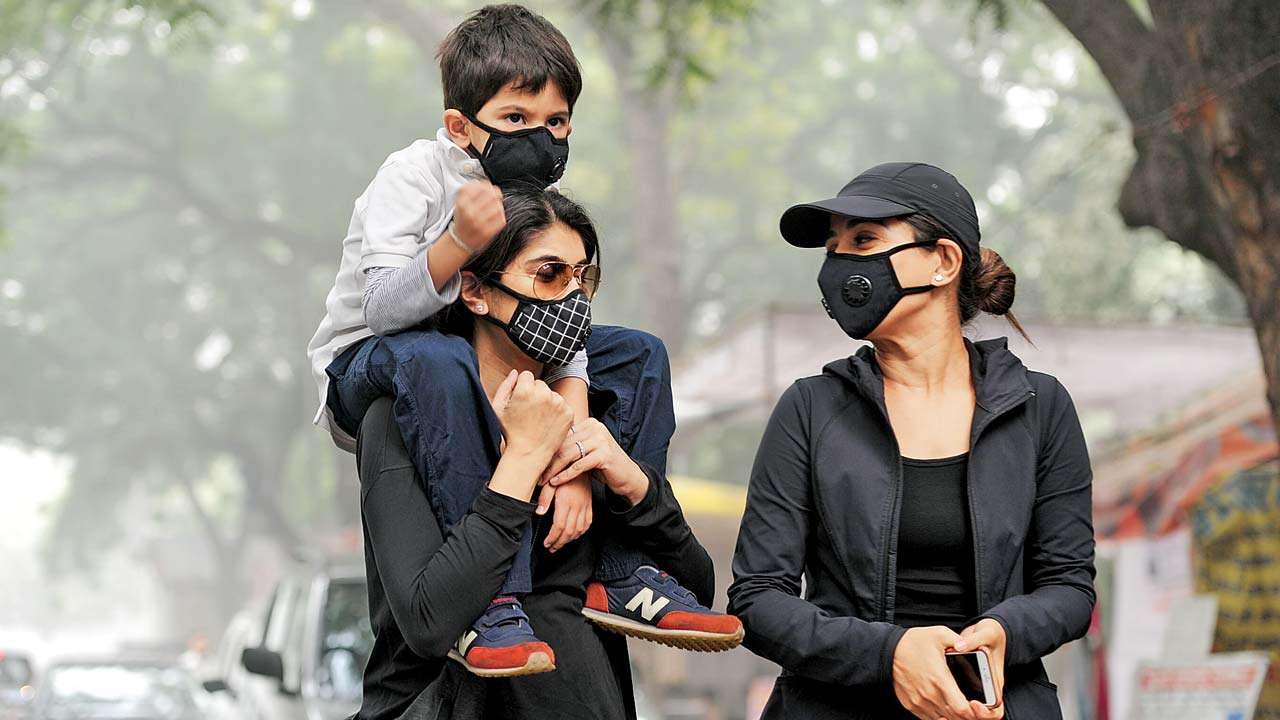
In the light and sound about rampant air pollution and the political noises emanating thereof, one simple, and critical point has been overlooked. Is there enough, if any, financial allocation made by state governments to contest the vagaries of pollution? In the absence of money, mere ideas, however great, constitute no more than hot air. Given this background, the statement made by chairman of the 15th Finance Commission, NK Singh, to this paper, that states are likely to be given incentives for pollution control, is more than welcome. The interview comes amid a raging debate over toxic air that has gripped Delhi and the surrounding National Capital Region (NCR), particularly as winter sets in.
This is for the first time that pollution is being considered as a criterion for finalising the states’ share in central taxes and grants. The share in central taxes is distributed among provinces based on a formula. The 14th Finance Commission used forest cover, apart from population, area and income distance as criteria to decide the devolution of taxes. That the Commission is serious about its proposal, can be gauged from the fact that consultations have already been held with more than a dozen states and a final decision is expected next year. The main issue at stake is whether this allocation will be part of a devolution formula or as a conditional grant. As Singh said, the criteria of allocation becomes important. Experts argue that they include not just forest, but environmental management, thereby introducing the component of pollution.
The Commission is mulling two-three modalities for including the broader issue of environmental management as a criterion, instead of just forest cover. This time, obviously, there is a definite move to broaden the agenda. Even though pollution is still largely considered a phenomenon in metro cities, the entire polemic has so far not paid much attention to pollution in state capitals and smaller towns. Patna and Lucknow, for instance, are among two of the most polluted places in the country, without getting the attention they deserve. Delhi-headquartered The Energy and Resources Institute (TERI) and Forest Research Institute (FRI), Dehradun, are helping out with studies on pollution, urbanisation and environmental degradation that the Commission will look at.
The government is acutely aware that foreign companies seeking to invest, look primarily at clean air, and there India is at a disadvantage. By far, allocation to fight pollution has ranged from being patchy to non-existent. For instance, earlier this year, the central government had allocated Rs 1,000 crore to tackle stubble burning in NCR states. This was too little, given the size of the affected area. For instance, there is little or no financial allocation for some of the most polluted industrial districts in the country’s hinterland, which have barely even come up for mention. It is a good idea to introduce such elements into the discourse, as frankly speaking, without money being allocated, there is hardly any point in making a noise for the sake of it. For all we know, a Finance Commission incentive would open the doors for similar assistance from other states.